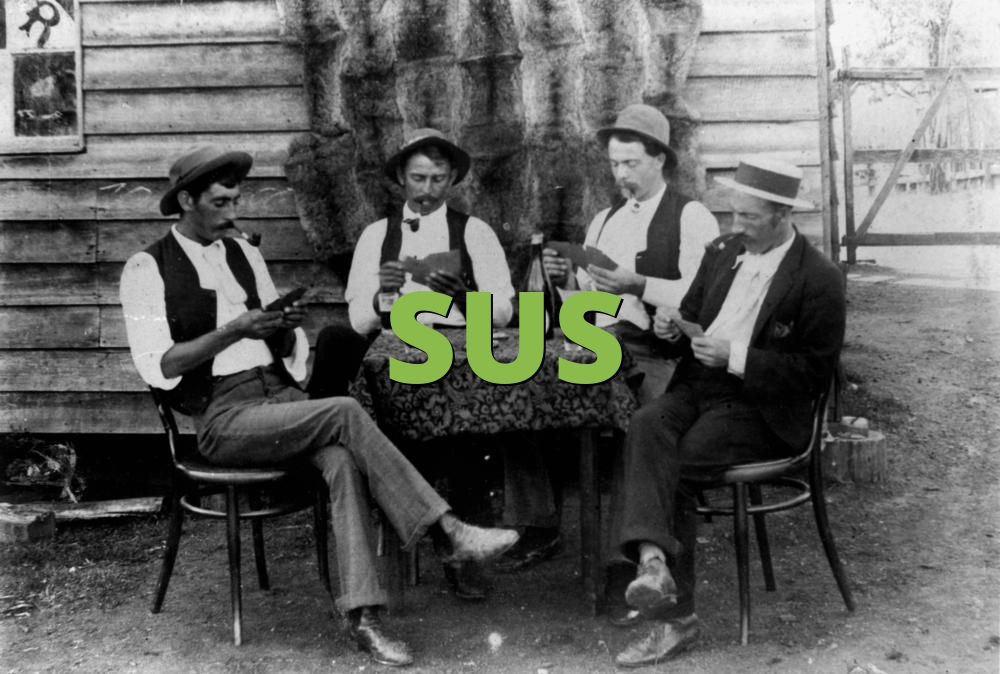What does SUS mean?
An abbreviation of suspicious. Usually used to denote someone who is being suspicious and untrustworthy.
Other definitions of SUS:
- Short for suspicious — like shady, usually used in a more lighthearted way than directing calling someone suspicious.
- An acronym for "See You Soon".
- Shorthand for "suspicious". Evolved out of bluff games board and online gaming, where it is used to point out suspicious behavior.
All of our slang term and phrase definitions are made possible by our wonderful visitors. If you know of another definition of SUS that should be included here, please let us know.
How to use the term
SUS:
I would worry about the Green player, they were being really sus last round.
Alright, S.U.S. We'll be there in 30 minutes.
It's kind of sus of you to play that card and act like it's our fault.
References:
There are no references for SUS at this time. We would greatly appreciate your contribution if you would like to submit your own!
More slang terms:

FINE
Feelings Inside Not Expressed

HLD
hold

CREAM OF THE CROP
refers to the best of the best of something; head of the pack;

FUBAB
Fouled Up Beyond All Belief





